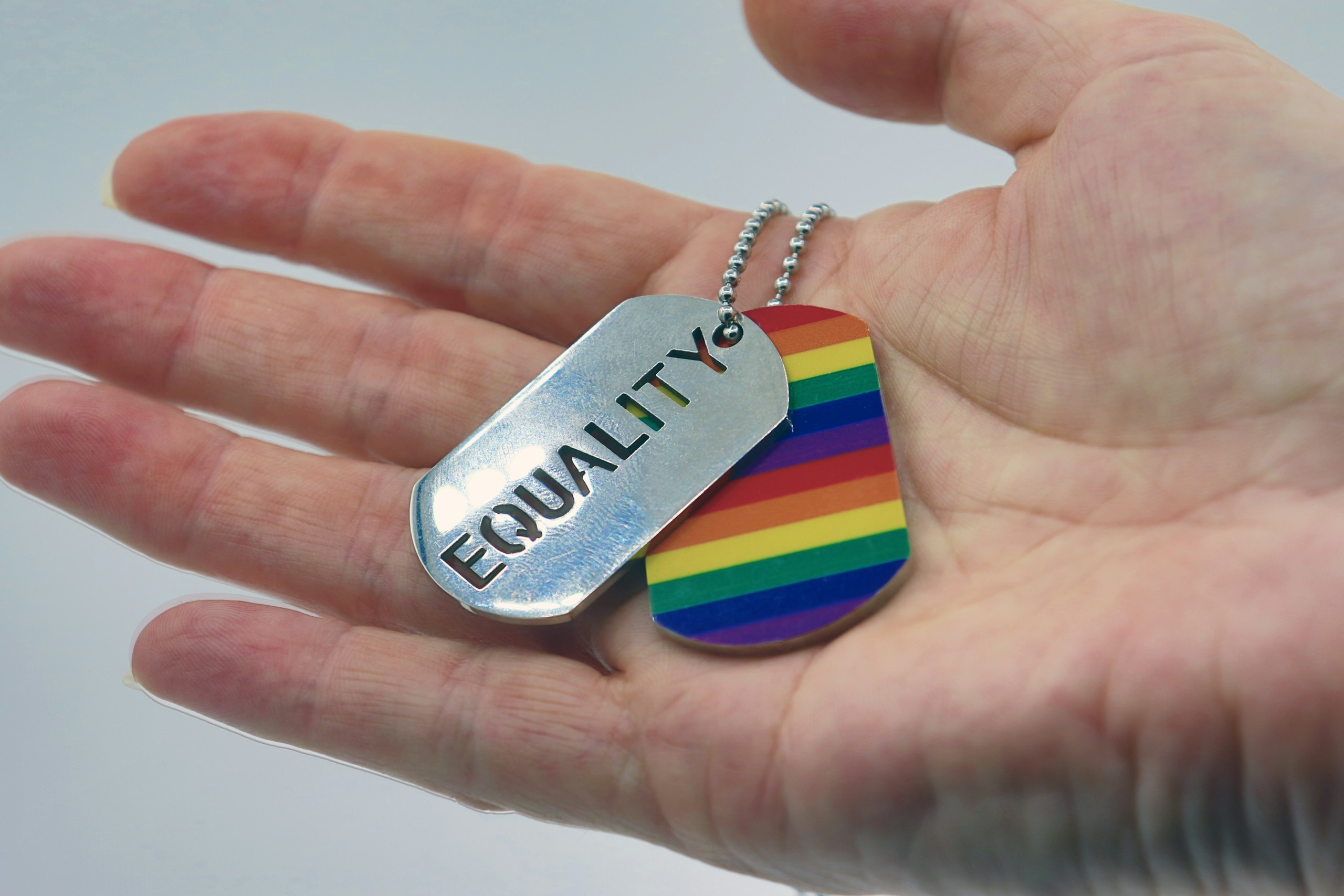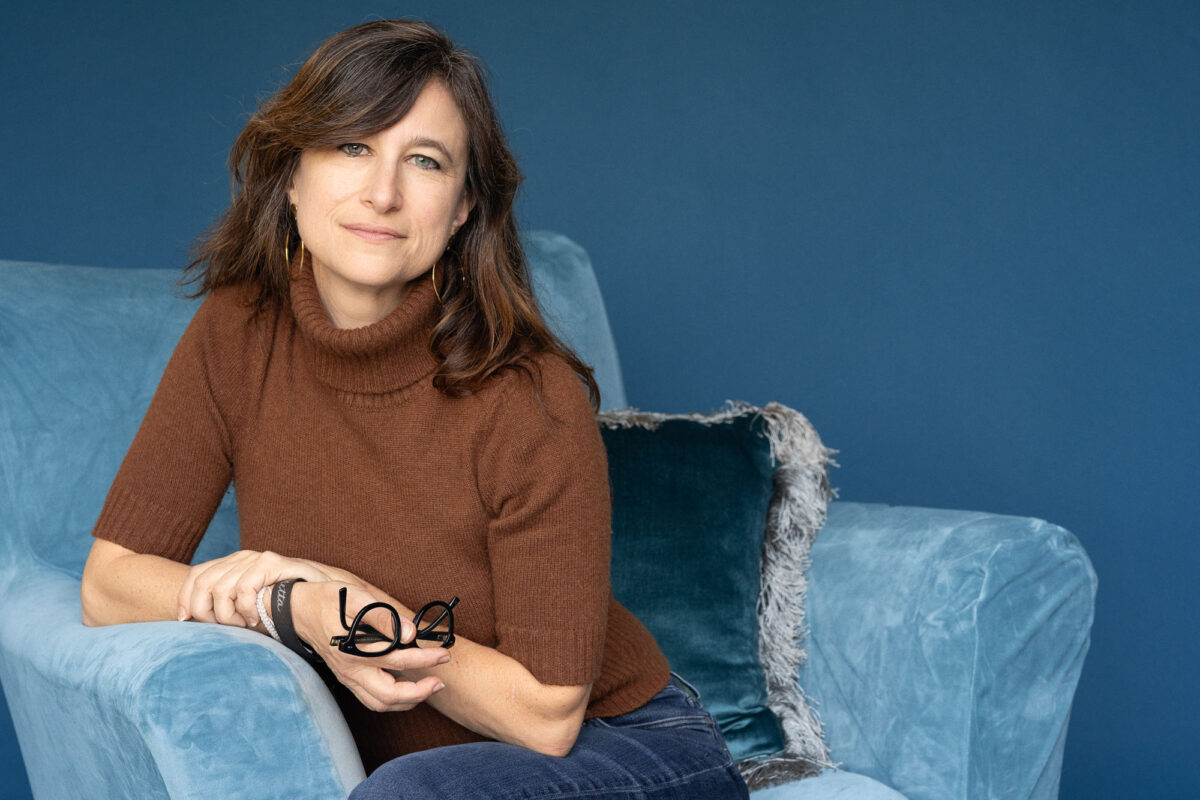On Monday morning I had the loveliest conversation with an Episcopalian chaplain. I wanted to get her thoughts on the idea of God’s love, and how she viewed that in the light of the divisive days we live in. Since my background is in Buddhism, I felt compelled to learn more about other spiritual perspectives that I am less knowledgeable about. There are so many of them, and when it comes to issues about gender, they all seem to hold their own perspective. Obviously, this larger topic is one that cannot hope to be addressed in one blog post, so today I want to focus on one portion of a conversation with one person. I came away with a lot of rich information, but the idea that I want to talk about today is this: that we are all born to be loved, to spread love, and to increase the love in the world.
Pause and think about that statement for a moment: we are all born to be loved, to spread love, and to increase the love in the world.

“Ugh,” I hear you say. “This is an old idea! Pay it forward and all that cliche stuff!”
Fair enough. This is old, and it has been talked about a lot. Let’s take it to a deeper level.
Small, simple interactions like the one described are easy. Downright convenient, even. Ready-made ways to pat ourselves on the back (which I have no objection to, by the way). But what about love that feels difficult? Complicated? Challenging? This is where acts of love really shine, and the potential for growth is massive.
If we are all born to be loved, to spread love, and to increase the love in the world, what do we do when we’re encountered with things we’re afraid of? That we find immoral? That maybe we’ve even been taught to hate? What then?
Again, this is a big topic, so let’s focus it on trans and non-binary kids. If we are all born to be loved, we don’t get to pick and choose who that applies to. All children everywhere are making their ways in the world, and they all have challenges, gifts, and a life ahead of them. They’ll struggle with family, social situations, homework, and dreams of the future. They need the same love that anyone else needs, and without this, like everyone else, they suffer. Anyone deprived of love gets stuck in their pain, just like anyone deprived of food will starve. All humans are made from the same basic stuff, and pain is pain, no matter who we are.
So, as parents or caregivers, what happens when we find out that our child’s gender identity isn’t what we assumed it was? For some, this is no problem. The love is easy to access and allyship with that child, in their authentic form, comes second nature. This doesn’t make them “better” people, by the way, it just means that their parenting challenges lie elsewhere (because every parent has parenting challenges of some sort). Those kids will, almost guaranteed, have a higher chance of finding happiness and success than trans/non-binary kids who come from families who reject them and their identity. Here are just a few sites that discuss these statistics: National Library of Medicine, Transgender Health, and The Human Rights Campaign Fund.
For parents and caregivers who find themselves stuck in their ability to instantly accept their child’s gender journey, they are face to face with something that can feel huge and threatening. But this certainly does not mean that there is no love there. It does not guarantee that those children will become tragic statistics. It simply means what I said before: those parents are face to face with something that can feel huge and threatening. What the parents or caregivers DO with that situation is where love has a chance to emerge in new and powerful ways. But this usually only happens when there is work put in by the parents/caregivers. Real work. If all people are born to be loved, what does that work look like?
Here is the most important statement I’ll make today: the real work of difficult love has nothing to do with trying to change the other person. The real work of difficult love happens by digging deep into yourself.
This is some of the most honorable work there is, in my opinion. It can be difficult, and I highly recommend support and guidance as it is undertaken. Having said that, here are a few questions that might display what this kind of work might look like:
Has anyone ever told you or made you feel that you weren’t worthy of love? What did that do to you?
Has anyone ever told you that you were loved, except for this one critical part of you that they wished were different? How did you feel about that critical part of yourself then?
Have you ever been afraid to express something about yourself for fear of ridicule?
Can you think of a time when you were wholly accepted exactly as you were? What was that like?
Questions like these are important for human connection, and what is love if not human connection? When we understand connection with others, it’s easier to love others, and in turn, increase the love within ourselves. Tapping into these depths, it’s less of a stretch to understand the idea that we are born to be loved, to spread love, and to increase the love in the world.
I make it sound easy, don’t I? But everyone’s story is complicated for different reasons, and everyone’s story is unique. I’m here to let you know that I care about your story, about your struggles, and about all the ways you want to love the child in your life. Your feelings are real, and so are your child’s. There is a way forward to a more connected relationship and allyship with that child, and it would be my honor to assist in that however I can.
If you’d like to talk more about your needs, please schedule a complimentary, 20 minute consultation so that you can let me know what you need, ask any questions you may have, and to get a sense if working together in a coaching situation would be beneficial for you. You can also find me at Nurture Life Coaching. Either way, I’ll be glad to talk.
In big ways and small ways, I hope you remember each day that you were born to be loved, too!



